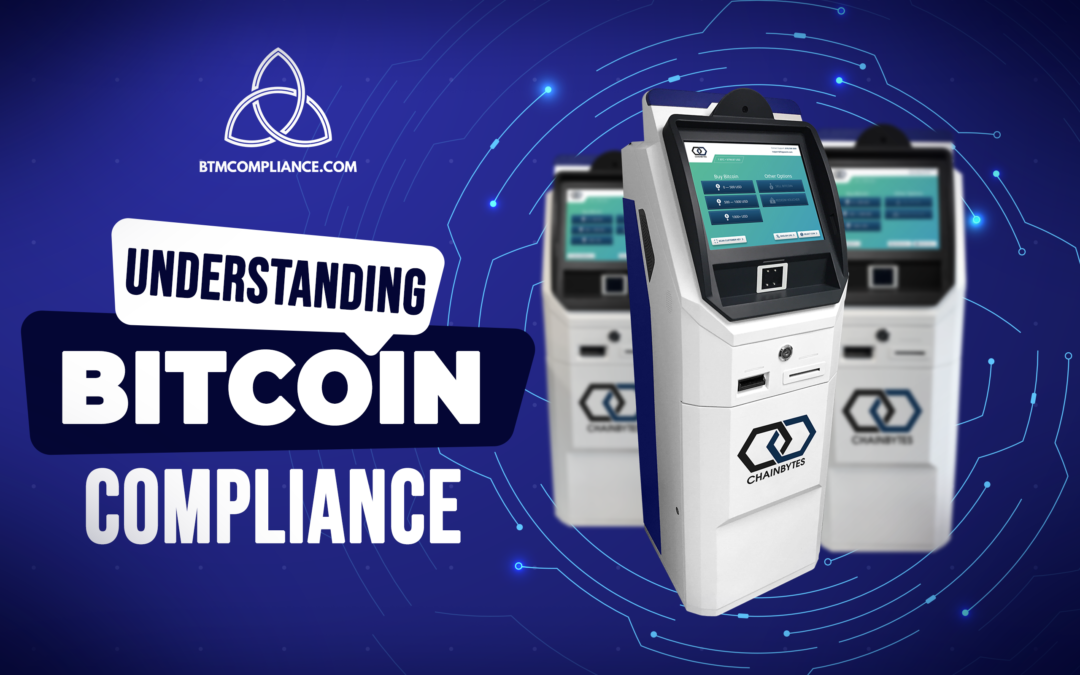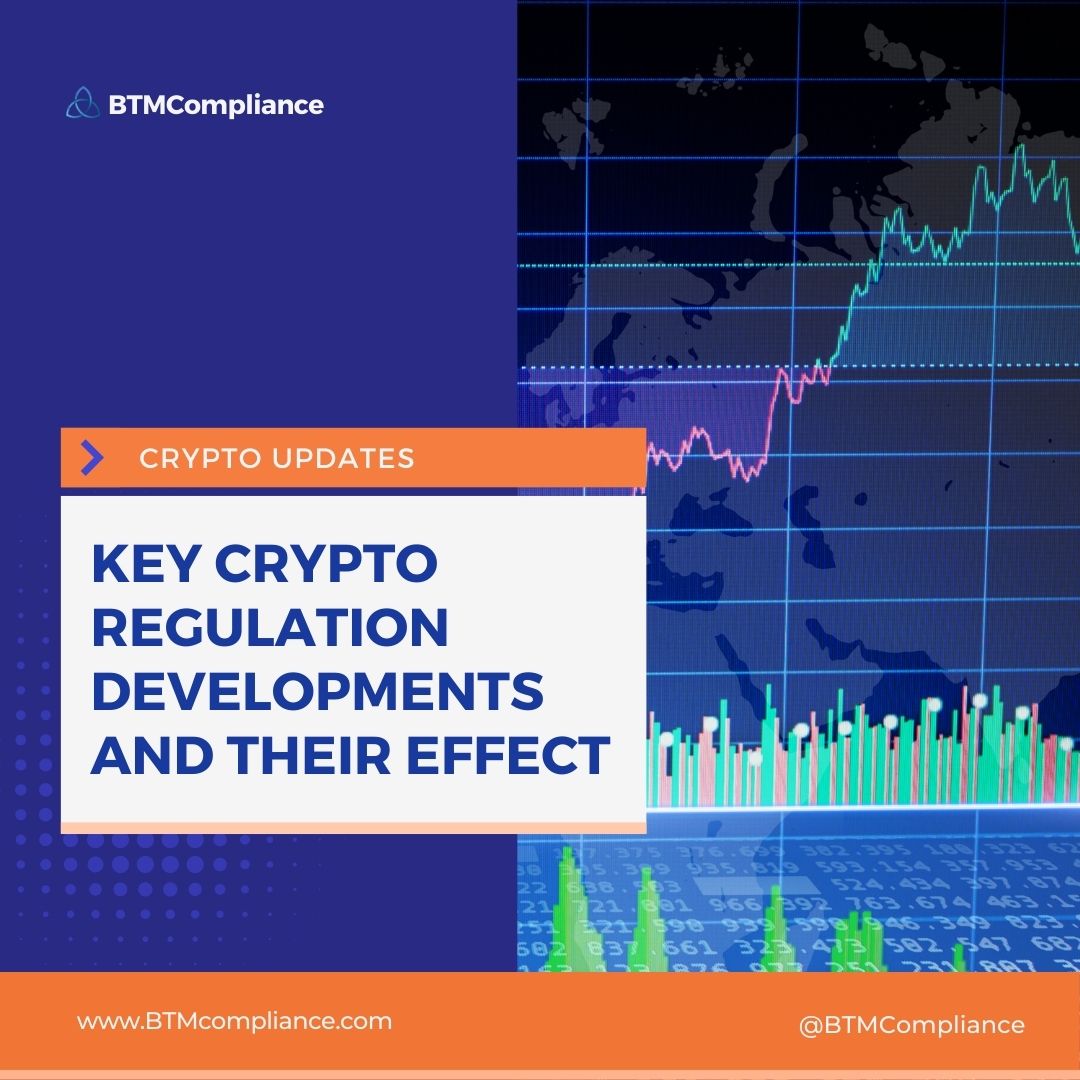Introduction
The rapid rise of Bitcoin and other digital currencies has garnered global interest. The rising prominence of digital currencies has garnered the attention of regulatory bodies, prompting them to intensify their endeavors to ensure adherence to established standards.
This guide aims to provide insights into the complexities of cryptocurrency compliance, elucidating the dynamic terrain that enterprises, companies, and investors must navigate to own financial products and crypto assets and ensure their adherence to legal regulations.
Cryptocurrency Compliance: A Non-Negotiable Necessity
In the dynamic realm of digital assets and cryptocurrencies, regulatory compliance is of paramount importance. A staggering $10 billion in digital crypto assets was pilfered during the first half of 2021 alone, emphasizing the need for strong compliance measures. Adherence to these regulations is crucial for:
- Combating illicit activities like money laundering, fraud, and funding terrorism
- Protecting consumers and cultivating confidence in the burgeoning cryptocurrency ecosystem
- Guaranteeing the stability and lasting success of the digital currency market
By faithfully observing compliance regulations, businesses can sidestep potentially devastating tax fines and penalties while preserving their hard-earned cash, assets, and reputation within the industry.
Key Regulatory Requirements for Bitcoin Businesses
In the realm of regulation and exchange of cryptocurrencies and digital assets, enterprises must take note of three key future regulatory obligations.
- Anti-Money Laundering (AML) regulations are to deter and impede the process of transforming unlawfully acquired funds into lawful assets. It is imperative for Bitcoin enterprises to establish and execute Anti-Money Laundering (AML) protocols and methodologies to oversee transactions, detect dubious activities, and notify the appropriate regulatory bodies.
- Counter-Terrorist Financing (CTF) regulations are designed to address the employment of cryptocurrencies as a means of financing terrorist activities. It is imperative for commercial enterprises to establish mechanisms that enable the identification and notification of financial transactions associated with acts of terrorism.
- Know Your Customer (KYC) protocols aid in the prevention of fraudulent activities and identity theft by validating the identity of clientele. Bitcoin enterprises are required to gather and authenticate customer identification data, which encompasses personal details such as name and address, as well as a government-issued identification document.

Understanding US Regulations for Cryptocurrency Businesses
When it comes to the United States, cryptocurrency businesses need to pay attention to cryptocurrency compliance with a variety of cryptocurrency regulations at both the federal and state levels. Here’s a quick rundown of the regulatory landscape for crypto businesses in the US:
- Financial Crimes Enforcement Network (FinCEN): This federal agency requires businesses dealing with cryptocurrencies, like exchanges and wallet providers, to register as Money Services Businesses (MSBs). They also need to comply with the Bank Secrecy Act (BSA), which includes implementing Anti-Money Laundering (AML) and Counter-Terrorist Financing (CTF) programs, as well as reporting certain transactions and keeping records.
- Securities and Exchange Commission (SEC): If a cryptocurrency activity involves securities, the SEC may step in. For instance, Initial Coin Offerings (ICOs) or token sales might fall under securities laws, which means they would need to be registered or qualify for an exemption.
- Commodity Futures Trading Commission (CFTC): This agency has authority over futures, options, and swaps involving cryptocurrencies. So, businesses trading in these derivatives have to follow CFTC regulations.
- Internal Revenue Service (IRS): When it comes to taxes, the IRS treats cryptocurrencies as “property”. That means businesses and individuals need to report cryptocurrency transactions on their tax returns and pay the appropriate taxes.
- State-Level Regulations: Each state has its own set of rules for cryptocurrency businesses. These can range from licensing requirements and consumer protection measures to cybersecurity standards. Because these regulations can vary significantly from one state to another, businesses operating across multiple jurisdictions need to be aware of the specific rules in each state to ensure compliance.
- Office of Foreign Assets Control (OFAC): Cryptocurrency businesses must also adhere to OFAC regulations, which prohibit transactions with individuals or entities on the Specially Designated Nationals (SDN) list or those located in sanctioned countries. Businesses need to implement robust screening processes to avoid violating these restrictions.
- Federal Deposit Insurance Corporation (FDIC) and Office of the Comptroller of the Currency (OCC): For cryptocurrency businesses that operate as banks or provide banking services, additional regulations from the FDIC and OCC may apply. This can include requirements related to capital adequacy, risk management, and consumer protection.
- National Futures Association (NFA): Businesses offering cryptocurrency futures, options, or swaps trading may be required to register with the NFA as a Commodity Pool Operator (CPO), Commodity Trading Advisor (CTA), or Introducing Broker (IB). They must also adhere to NFA rules and guidelines.
Best Practices for Implementing Bitcoin Compliance
To stay compliant with Bitcoin regulations, regulators, other firms, businesses and crypto exchanges should consider the following best practices:
- Develop a robust compliance program that includes written policies and procedures, ongoing employee training, and regular audits.
- Implement risk-based AML and KYC procedures, including transaction monitoring and customer due diligence.
- Leveraging technology for streamlining compliance processes is imperative in optimizing compliance procedures and adapting to the constantly evolving regulatory environment.
- Open communication with regulatory authorities is also crucial. It’s important to build relationships, seek guidance from legal or compliance experts when needed, and share insights and best practices with industry peers.
A Closer Look at Key Developments in Crypto Regulations and Their Impact
As the cryptocurrency landscape evolves rapidly, there’s a growing interest in understanding the latest changes in crypto compliance regulations, particularly for companies meet those pursuing careers in the field of crypto exchanges. Here are some notable recent developments in crypto transactions and their implications for cryptocurrency compliance:
- Japan’s Regulatory Shift: Japan has proposed amendments to its Foreign Exchange and Foreign Trade Act, with the goal of subjecting cryptocurrency exchanges to a regulatory framework similar to the one governing traditional banks. This demonstrates Japan’s commitment to creating a secure and regulated environment for the expanding cryptocurrency market.
- G7’s Focus on Crypto Regulations: In May 2022, the Group of Seven (G7) countries, which represent around 40% of the global GDP, held discussions to explore the potential for regulating crypto assets. The member countries emphasized the need for accelerated development of comprehensive regulations to address emerging risks and ensure a stable financial landscape.
- China’s Intensified Crypto Crackdown: The Chinese government has taken a firm stance against cryptocurrencies. In September 2021, prominent Chinese regulators announced a blanket ban on crypto mining and transactions, causing the market to experience a significant downturn. This followed an earlier ban on payment companies and financial institutions dealing with cryptocurrencies. As the world’s second-largest economy, China’s regulatory actions have a considerable impact on the global crypto market.
These recent developments highlight the growing importance of regulatory scrutiny and compliance in monitoring the cryptocurrency sector. Chainalysis’ Crypto Crime Report revealed that illicit and criminal activities and transactions done using cryptocurrencies accounted for just 0.62% of all transactions in 2020, down from 2.1% in 2019, demonstrating the effectiveness of regulatory efforts.
By staying up to date on these trends and knowing how the regulatory climate for crypto and fiat currency exchange is always evolving, companies, businesses, and people can better navigate the complicated crypto market and make smart decisions.
Final Thoughts
Understanding and complying with Bitcoin regulations is essential for businesses operating in the cryptocurrency ecosystem. By staying informed about jurisdiction-specific requirements, implementing robust compliance programs, and leveraging technology solutions, businesses can successfully navigate the complex crypto regulatory landscape while fostering trust and transparency with customers, ensuring long-term success in the crypto industry.
FAQs
-
What is the primary purpose of Bitcoin compliance regulations?
The primary purpose of implementation of Bitcoin compliance regulations is to identify, control and prevent illegal activities such as money laundering, fraud, and terrorist financing, as well as to protect consumers and investors and ensure the stability and long-term success of the cryptocurrency market.
-
What are the key regulatory requirements for Bitcoin businesses?
The key regulatory requirements and risk for Bitcoin businesses and financial world include Anti-Money Laundering (AML), Know Your Customer (KYC), and Counter-Terrorist Financing (CTF) policies and procedures of regulators.
-
Do Bitcoin compliance regulations vary by jurisdiction?
Yes, Bitcoin compliance tax regulations vary depending on the jurisdiction in which your business operates. It is essential for businesses to understand the specific regulation and tax requirements in their region and stay up-to-date with any changes.
-
What are some best practices for implementing Bitcoin compliance?
Best practices for implementing Bitcoin compliance include developing a robust cryptocurrency compliance and risk take program, implementing risk-based AML, CTF and KYC procedures, using blockchain technology and solutions to streamline processes, and maintaining open communication with regulatory authorities and financial institutions.
-
How can a custom-built compliance program, like the one offered by BTM Compliance, benefit Bitcoin ATM kiosk operators?
BTM Compliance offers a comprehensive, custom-built Compliance Program with AML/KYC controls specifically designed for Bitcoin ATM kiosks and cryptocurrency exchanges. This tailored solution provides numerous benefits for operators, beyond crypto compliance, including:
- Streamlined Compliance Process: BTM Compliance’s custom-built program simplifies the process of implementing and maintaining AML/KYC controls, saving operators time and effort in managing their compliance obligations.
- Expert Advice: With years of experience in the cryptocurrency sector, the BTM Compliance team offers professional advice and assistance to make sure your Bitcoin ATM kiosk abides by the most recent regulations. Your satisfaction and security are our top priorities, which is why we’re available around the clock, every day of the week.
- FinCEN Registration: Ensure your business operates in accordance with federal regulations by registering with FinCEN as a Money Services Business (MSB). This essential step helps maintain compliance and sets a strong foundation for your business in the financial services industry.
- SAR/CTR Reporting: Rely on BTM compliance’s team of professionals to diligently monitor activity, meticulously document relevant information, and report any suspicious activity on your behalf. With our expertise in SAR/CTR reporting, you can focus on your core business operations, knowing that your compliance needs are in capable hands.
- Third-party audits: BTMC emphasizes the significance of robust compliance measures, offering comprehensive third-party audits to bolster your cryptocurrency business’s adherence to regulations while fostering trust and confidence among your customers and partners.







